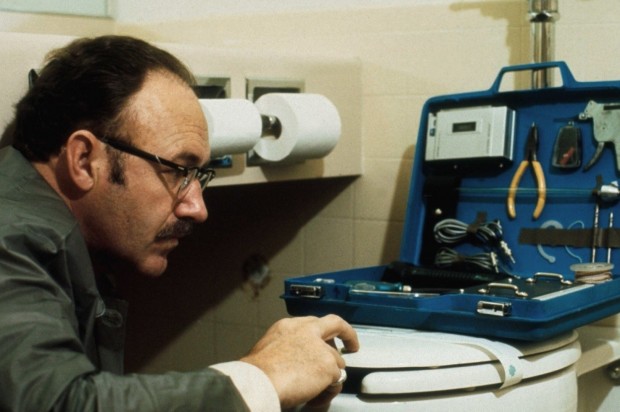
The U.S. government sued Sprint Communications Inc. in federal court in San Francisco today for allegedly overcharging federal law enforcement agencies $21 million between 2007 and 2010 for the costs of complying with court-ordered wiretaps and other surveillance.
The lawsuit, filed by lawyers from the office of U.S. Attorney Melinda Haag in San Francisco, seeks triple-damage compensation and additional civil penalties under the U.S. False Claims Act.
It alleges the telecommunications company illegally included the hidden charges for the costs of equipment upgrades needed for the intercepts in its bills to agencies such as the FBI and U.S. Drug Enforcement Administration.
“As alleged, Sprint overbilled law enforcement agencies for carrying out court-ordered intercepts, causing a significant loss to the government’s limited resources,” Haag said.
Sprint Communications, a subsidiary of Overland, Kan.-based Sprint Corp., provides wireless service to 54 million customers nationwide, according to its financial statements.
Sprint spokesman John Taylor denied the allegations said the company “will defend this matter vigorously.”
“Under the law, the government is required to reimburse Sprint for its reasonable costs incurred when assisting law enforcement agencies with electronic surveillance. The invoices Sprint has submitted to the government fully comply with the law,” Taylor said.
The court-ordered intercepts at issue in the bills include wiretaps; pen registers, which record the numbers called from a given telephone line; and trap devices, which record the numbers from which calls are made to a line.
Federal law requires telecommunications companies to provide government agencies with information and technical assistance needed to carry out the intercepts, and allows the companies to bill for “reasonable expenses” in doing so.
Since 1994, the law has also required the companies to install any upgrades needed to provide the assistance. But in 2006, the Federal Communications Commission said the companies couldn’t bill the government for the costs of upgrades in equipment and services.
The lawsuit alleges that the hidden costs included in Sprint’s bills between 2007 and 2010 resulted in Sprint inflating its charges during that period by 58 percent.
Julia Cheever, Bay City News









